4,000 Kilifi Witch Doctors Seek Official Recognition as Healthcare Practitioners
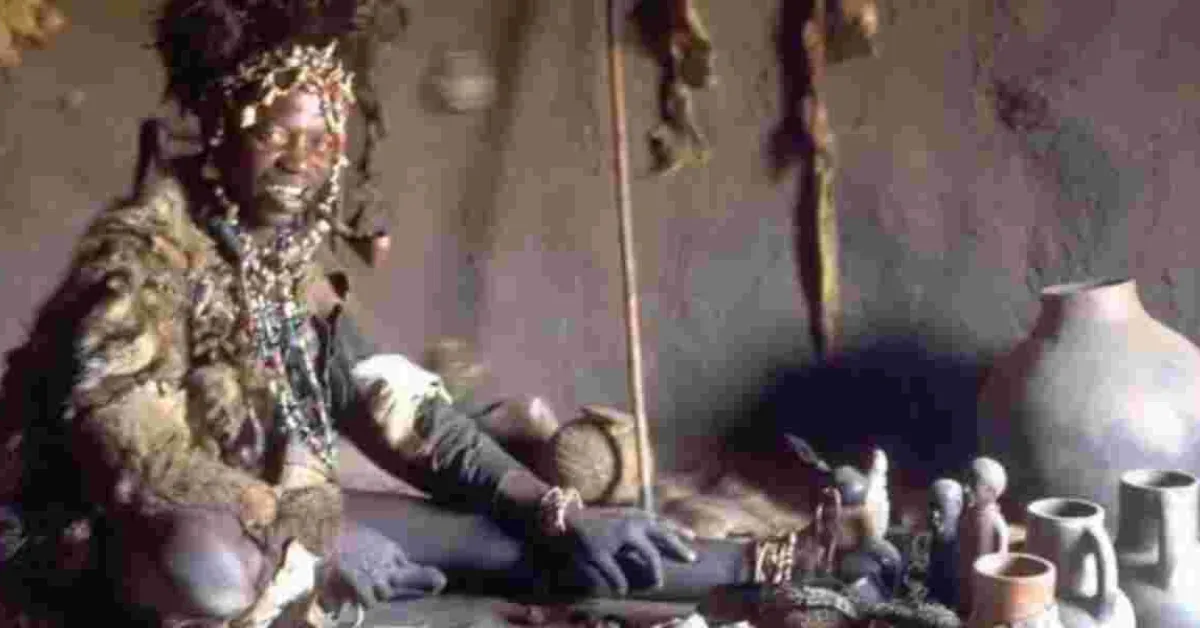
Over 4,000 witch doctors from Kilifi are petitioning the Kenyan government to be officially recognized as legitimate health practitioners.
This initiative seeks to secure formal documentation and insurance, allowing these traditional healers to practice legally and without fear of retribution. Proponents argue the deep-rooted cultural value of their practices, praising their historical role as primary healthcare providers before the establishment of modern medical systems. Kaya Council of Elders representative Tsuma Nzai notes the importance of acknowledging traditional healing methods.
He states, “We urge all levels of government—county and national—to pay attention to matters of traditions and customs of our culture. Traditional forms of healing and medicine did not start today; they have been there since time immemorial. Our traditions form a big part of our nation’s heritage.”
This statement reflects a broader call to integrative healthcare, promoting the necessity for legislative support from President William Ruto who has previously endorsed the cultural heritage of various Kenyan communities. The witch doctors point to successful models in other African nations that have integrated traditional and modern healthcare practices. They highlight instances where natural remedies are respected and traditional healers collaborate with trained medical professionals, advocating for a similar approach in Kenya.
Through these integrations, they believe the healthcare system can become more accessible for all, enhancing patient options and outcomes. Supporting their call, some local doctors are advocating for the certification of traditional healers. Dr. Josiah Kassim, a prominent advocate, stresses the importance of collaboration between traditional and modern medicine. “I support the training and education of witch doctors. I support doctors and traditional healers working closely together so that the shamans can be informed about the signs and symptoms of diseases,” he states.
Dr. Kassim also emphasizes that traditional birth attendants are already recognized in childbirth, suggesting an extension of this recognition to traditional healers. Proposals have been made for practical training of witch doctors, focusing on areas such as first aid and the management of specific medical conditions, including epilepsy. The goal is to fortify the role of traditional medicine within the national healthcare framework, allowing for a synthesis of knowledge that can potentially enrich patient care.

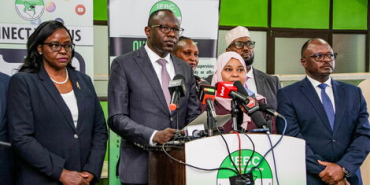
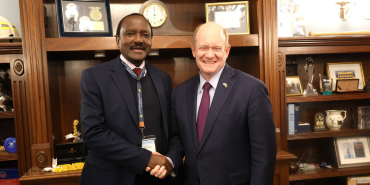

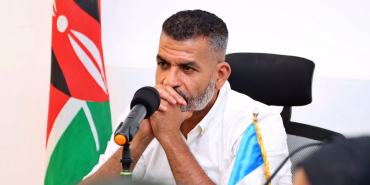
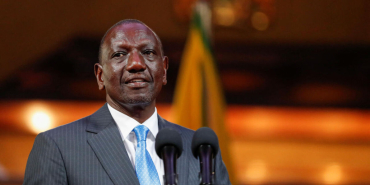


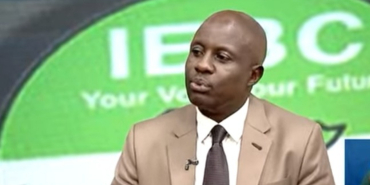





Comments
SHA/SHIF need to register…
Permalink
SHA/SHIF need to register these witch doctors. Miti in dawa need to be registered by SHA/SHIF
Add new comment